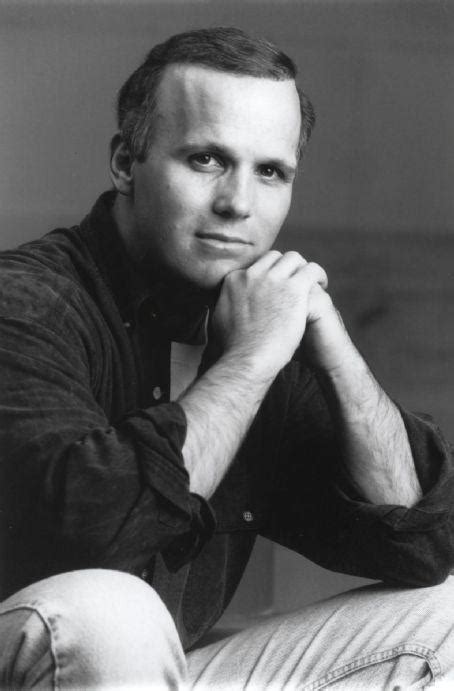A Quote by Rebecca West
One was kind, out of a bounty that could hardly be exhausted, to old governesses and gardeners, who could be relied upon to give thanks with proper abjection; one performed public duties, for which one was paid in full by deference; one was chaste, refusing to run away from one's husband with other men who for the most part did not ask one to do so, and who in any case had nothing better to offer than one's own home. Knowing no difficulties one was without fortitude; knowing no criteria but one's own achievements one was without taste.
Quote Topics
Abjection
Achievements
Any
Ask
Away
Better
Bounty
Case
Chaste
Could
Criteria
Deference
Did
Difficulties
Duties
Exhausted
Fortitude
Full
Give
Had
Hardly
Home
Husband
Kind
Knowing
Men
Most
Nothing
Offer
Old
Other
Out
Own
Paid
Paid In Full
Part
Performed
Proper
Public
Refusing
Run
Taste
Than
Thanks
Which
Without
Related Quotes
I am not much an advocate for traveling, and I observe that men run away to other countries because they are not good in their own, and run back to their own because they pass for nothing in the new places. For the most part, only the light characters travel. Who are you that have no task to keep you at home?
The Jews could be put down very plausibly as the most unpleasant race ever heard of. As commonly encountered they lack any of the qualities that mark the civilized man: courage, dignity, incorruptibility, ease, confidence. They have vanity without pride, voluptuousness without taste, and learning without wisdom. Their fortitude, such as it is, is wasted upon puerile objects, and their charity is mainly a form of display.
Of true knowledge at any time, a good part is merely convenient, necessary indeed to the worker, but not to an understanding of his subject: One can judge a building without knowing where to buy the bricks; one can understand a violin sonata without knowing how to score for the instrument. The work may in fact be better understood without a knowledge of the details of its manufacture, of attention to these tends to distract from meaning and effect.
All my life I had lived on the presumption that there was no existence beyond... flesh, the moment of being alive... then nothing. I had searched in superstition... But there was nothing. Then I heard the sound of my own life leaving me. It was so... tender. I regretted that I had paid it no attention. Then I believed in the wisdom of what other men had found before me... I saw that those simple things might be true... I never wanted to believe in them because it was better to fight my own battle. You can believe in something without compromising the burden of your own existence.
You are the epitome of the word selfless, you did something knowing you wouldn't be able to come home, knowing that your country would have very mixed feelings and yet your integrity on what you believe was right or wrong or should be public knowledge was more important to you than almost your own comfortability and the life that you had lived for so long. So I would like say thank you to him.
Nothing can be more unphilosophical than to be positive or dogmatical on any subject; and even if excessive scepticism could be maintained it would not be more destructive to all just reasoning and inquiry. When men are the most sure and arrogant, they are commonly the most mistaken, and have there given reins to passion, without that proper deliberation and suspense which can alone secure them from the grossest absurdities.
At 13 years old, I realized I could start my own band. I could write my own song, I could record my own record. I could start my own label. I could release my own record. I could book my own shows. I could write and publish my own fanzine. I could silk-screen my own T-shirt. I could do this all myself.
Behind the newspaper Julian was withdrawing into the inner compartment of his mind where he spent most of his time. This was a kind of mental bubble in which he established himself when he could not bear to be a part of what was going on around him. From it he could see out and judge but in it he was safe from any kind of penetration from without. It was the only place where he felt free of the general idiocy of his fellows. His mother had never entered it but from it he could see her with absolute clarity.
I came to the country [U.S] without speaking a word of English, without a penny, worked full time, 40 hours a week, went to school full time, opened my own small business, ended up being a multi-millionaire. If I can do it, without even knowing the language, anybody can do it. All it takes is determination, perseverance, and like Winston Churchill said: 'Never, never, never, never give up.'"



































